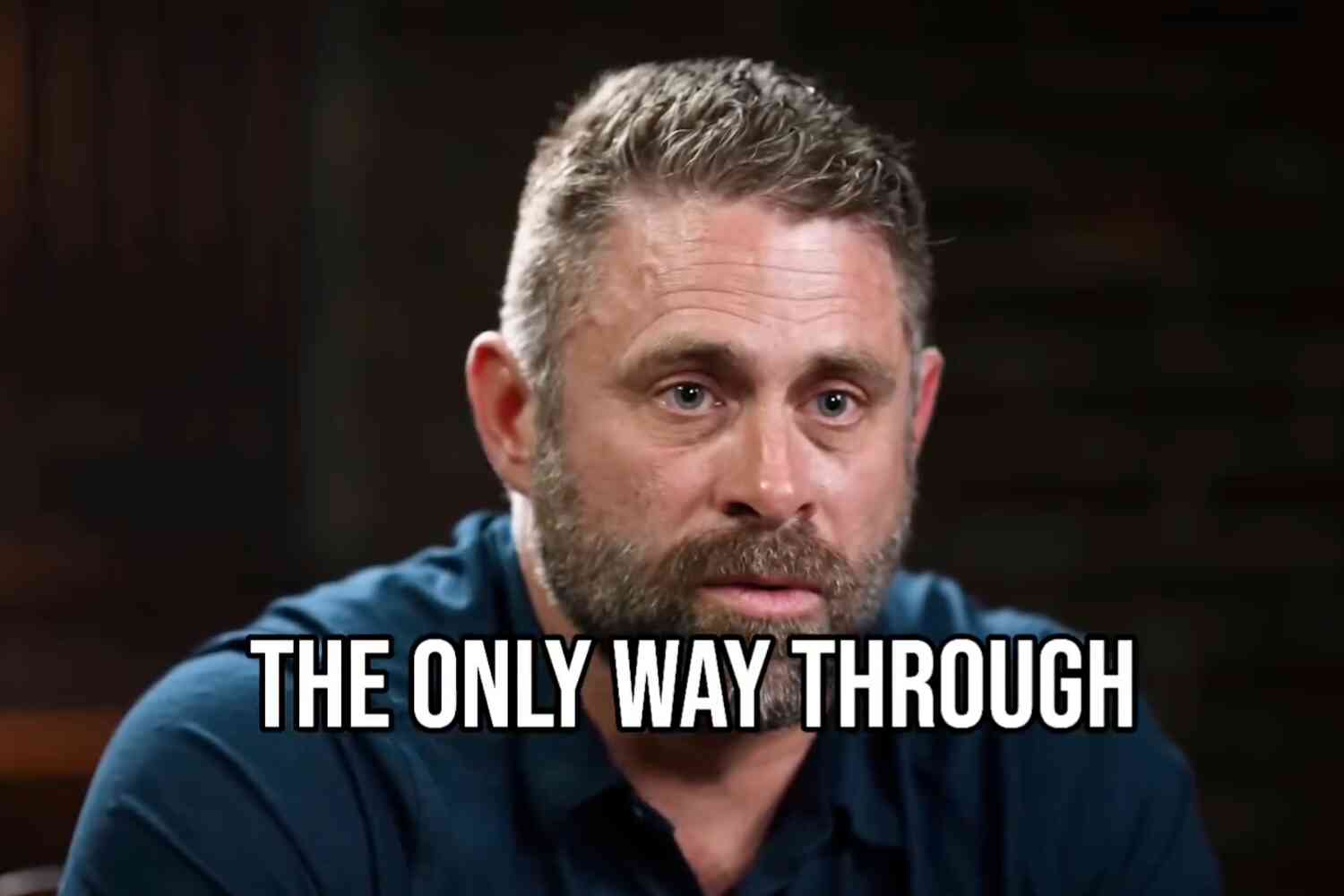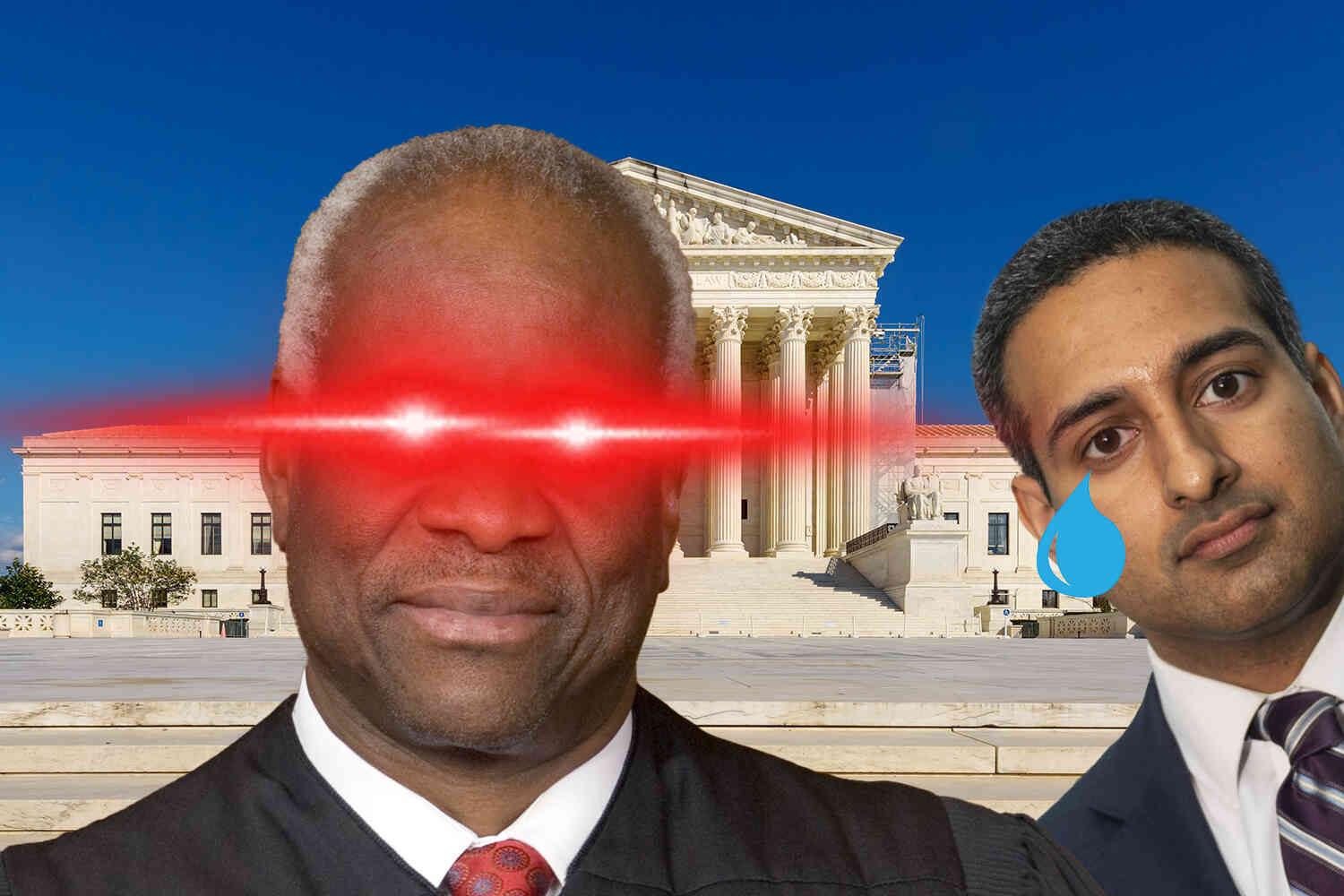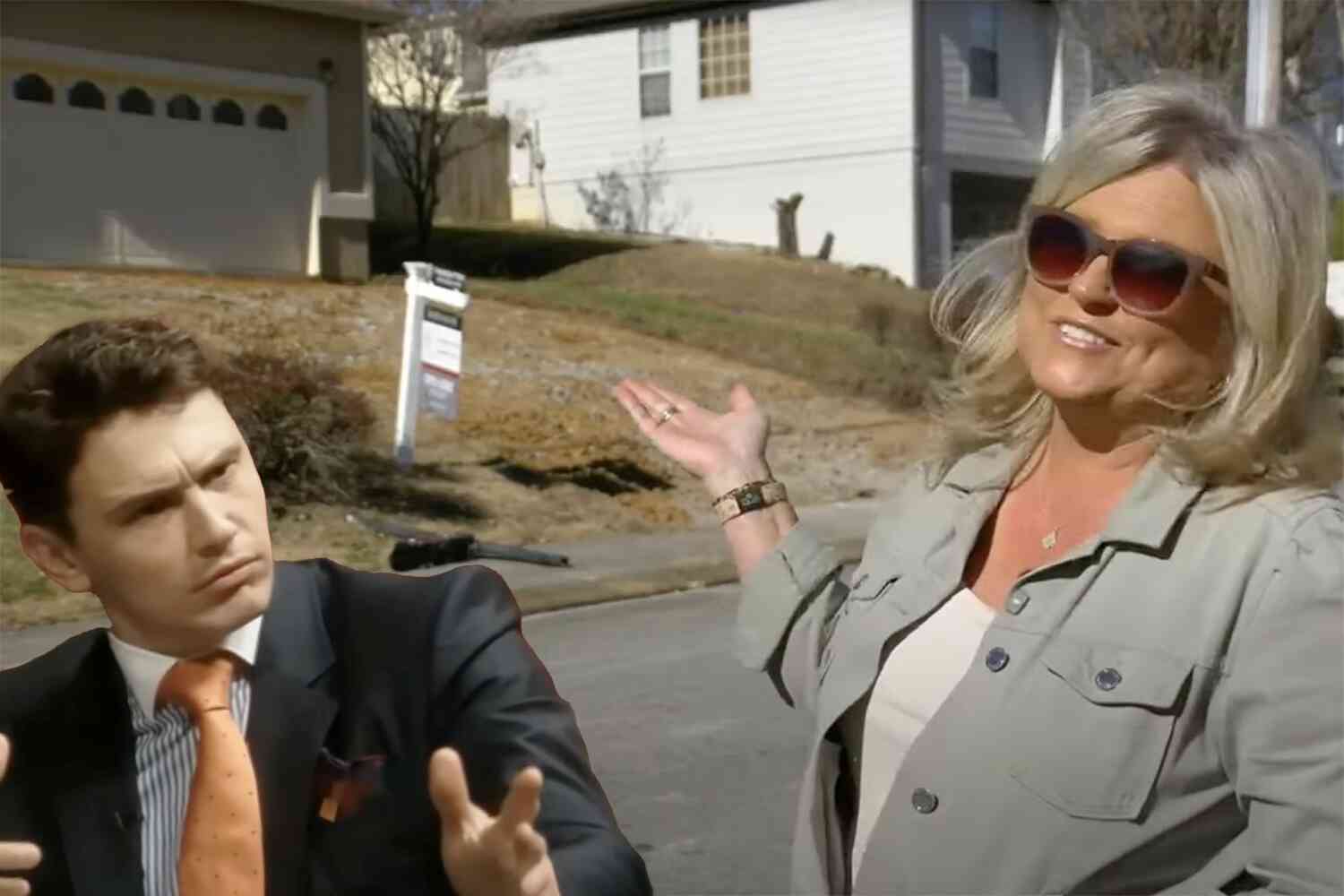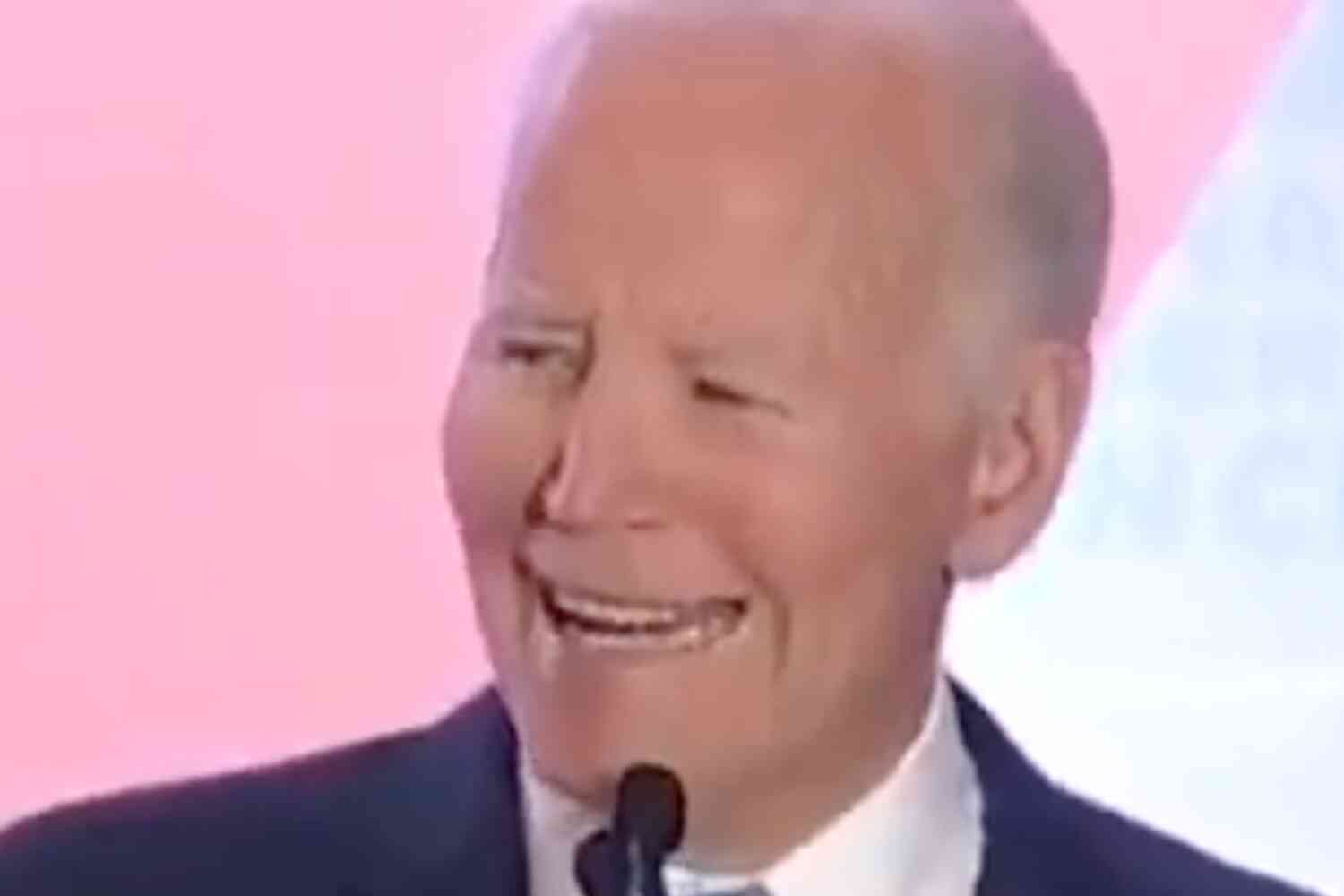There are some things the human mind just wasn't meant to comprehend. The unfathomable vastness of the universe, the crushing power of a black hole, and why anyone would find it interesting that a middle-aged woman would doctor her social media photos to make her life look better than it is.
Well, we have another one to add to that list of imponderables.
The residency incentive program for Louisville Metro Police Department officers was created as part of the lawsuit settlement between Metro Government and the family of Breonna Taylor in September 2020. Taylor, a 26-year-old Black woman, was shot and killed by police earlier that year. In settling the case, the city agreed to a handful of reforms and new initiatives, including a down payment assistance program for officers willing to buy a home in certain areas.
It went about as well as most social justice initiatives go, in that they are typically wholly divorced from the reality that their policies involve real flesh-and-blood individuals making decisions, and not Marxist-inspired group constructs premised on class fantasies that evaporate upon first contact with reality.
More than three years later, not a single officer has taken advantage of it.
You know who was hurt the most of course.
The lawyers.
Attorney Sam Aguiar, who represented Taylor's family in the lawsuit and crafted the reform demands, said he was disappointed to learn from LPM News last month that the residency incentive program had failed.
Aguiar was disappointed that what should have been the pinnacle of his career, a lasting legacy to his social justice warrioring, came to a big fat nothing.
Like many a broken man, you might think he took a moment to ponder the reasons for his abject failure. Where did he go wrong? What could he have done differently? It was an opportunity for some long-needed introspection and personal growth.
His ultimate conclusion?
It was someone else's fault.
I don't know if that's a symptom of the city not advertising it ...
Advertising it? To whom? Their police force of 773 officers? How much advertising would you have to do? Run a Super Bowl ad?
... or if it's just a situation where there's a culture within the department that they don't want to sleep where they work.
Let's think about this for a second, which would be longer than Aguiar did.
Where do police work?
Oh, that's right. Crime scenes.
Officers were offered $5,000 toward the purchase of a home located in areas where at least 51% of residents are considered low- to moderate-income. In Louisville, that includes parts of Shively, Old Louisville, Iroquois and most of the nine neighborhoods that make up the West End.
What is the West End?
See those really dark red areas?
That's the West End.
This isn't a matter of culture within the department. This is a matter of self preservation.
As an an "independent, community-supported nonprofit serving our community" Louisville Public Media ("LPM," publisher of this piece) felt the need to insinuate that racism was involved.
Those neighborhoods also have significant Black populations.
Curiously, Not one of Louisville's 142 black officers (direct PDF link) chose to live there either.
Wow, black people no more want to move their families into crime-infested neighborhoods than white people, almost as if they are human beings like anyone else and not just useful props for virtue-signalling lefties.
Of course, we're just talking statistics here which can be cold. How about some real-life anecdotes courtesy of Reddit. These were in response to the question, "What exactly is West Louisville."
I've lived in Louisville for 15 years now. I spent my first few years here as a cable installer. I've spent plenty of time in every neighborhood and been in thousands of homes around the city.
Poverty is higher in the west end, as is crime. The west end has less access to grocery and retail in some areas. The streets, restaurants and alleys can be dirty. It's the only part of the city where I've seen gas stations with inch thick bullet proof plexiglass around the cashiers. It's the only part of the city I've had rocks thrown at me or a soup can in a pillow case swung at me becuse [sic] I'm white. There are absolutely some neighborhoods where you won't be welcomed unless you are a POC, and even then it depends on the ethnic group.
Sounds like a nice place to raise your kids.
Another one:
I was robbed at gunpont [sic] in the middle of the day. This was after the first attempted robbery where I was able to get away just in time, also, middle of the day. There was a drivey-by/murder [sic] 1 block over from me while I was walking down the street. All this over a span of 8 months.
Of course, this is Reddit, so the "top" comment was this.
Roughly the west end is considered west of 9th and north of Algonquin. It's not "bad" though. It's a higher crime area, ...
But it's not bad, because racism or something.
... but that is less a result of the people and more the consequence of redlining and racism. Poverty is the number one symptom of crime, and the city has forced poverty on the area since 1937
Remember that the next time someone attacks you, it's not him, it's racism and redlining, so it's cool.
Then there's the matter of the $5,000. Nearby Columbus, OH, offers twice as much, and with fewer restrictions.
Not to dismiss five grand as being a paltry amount of money, and if this was towards, say, something a little more modest, but still substantial, such as a new car or a week's worth of groceries, it could have a real impact, assuming you weren't going to buy meat.
But a house in a crime-infested neighborhood? Five grand is not enough to move the needle on your family's safety. I'm not sure if any amount is.
And yet, the mystery endures, as Louisville seeks changes to the program.
In order to understand what changes might be needed, it's important to know why officers haven't taken advantage of the program.
LPM News asked LMPD what they think went wrong with the initiative, but a spokesperson only said that it's up to individual officers to decide if they want the down payment assistance.
That spokesperson ducked the question like a seasoned DC pro.
But then, nobody wants to touch this one.
Mutchler said union leaders haven't spoken with their members specifically about the program. Since no officers have participated, it's hard to propose improvements, he said.
He did offer up the possibility that maybe they should not restrict the incentive to the worst parts of the city.
Mutchler suggested part of the problem could be the restrictive location requirements.
The program was halfhearted from the start, as if neither side really cared whether it succeed or not, they both just needed a win.
Or, at least something that looked like a win in the short run.
P.S. Now check out our latest video 👇









